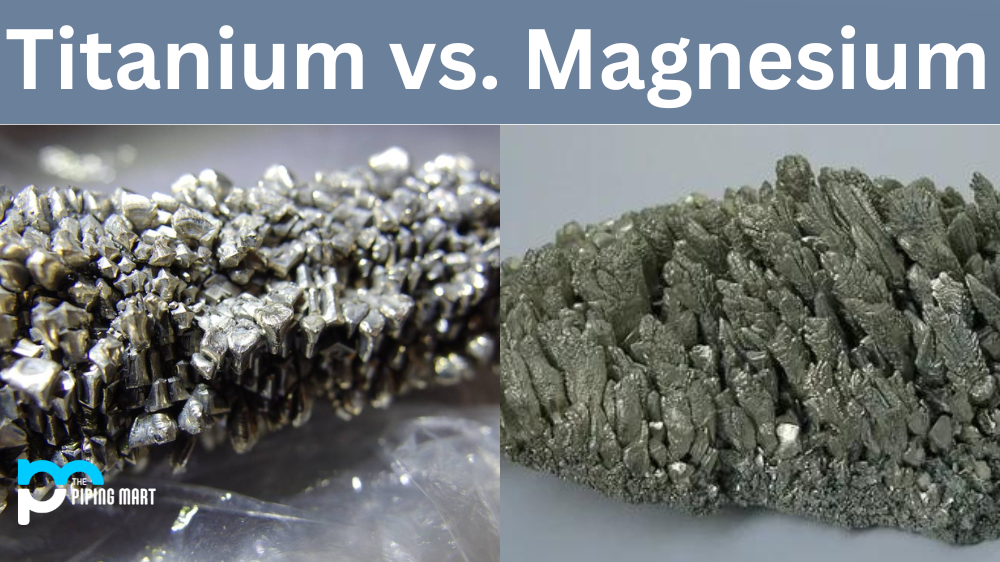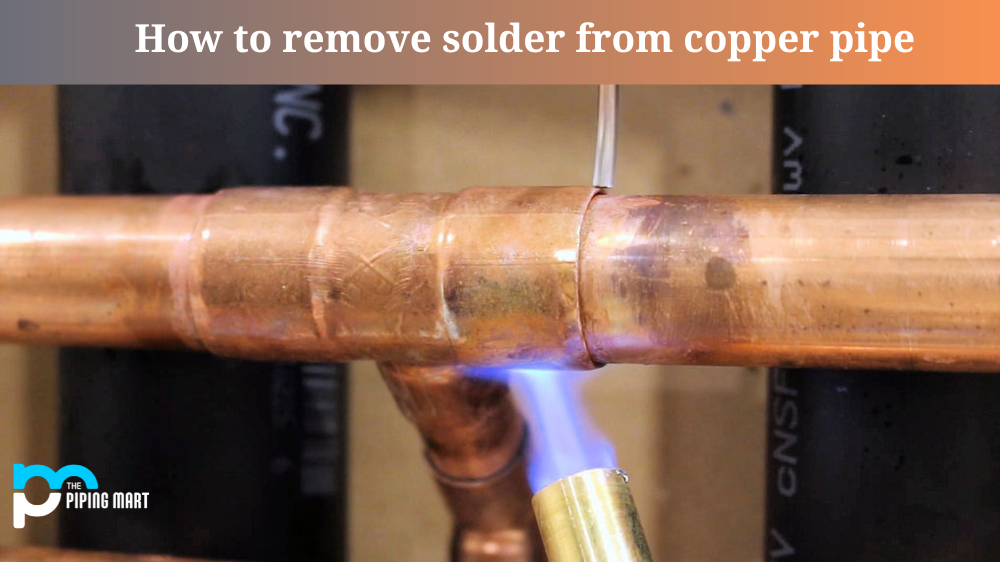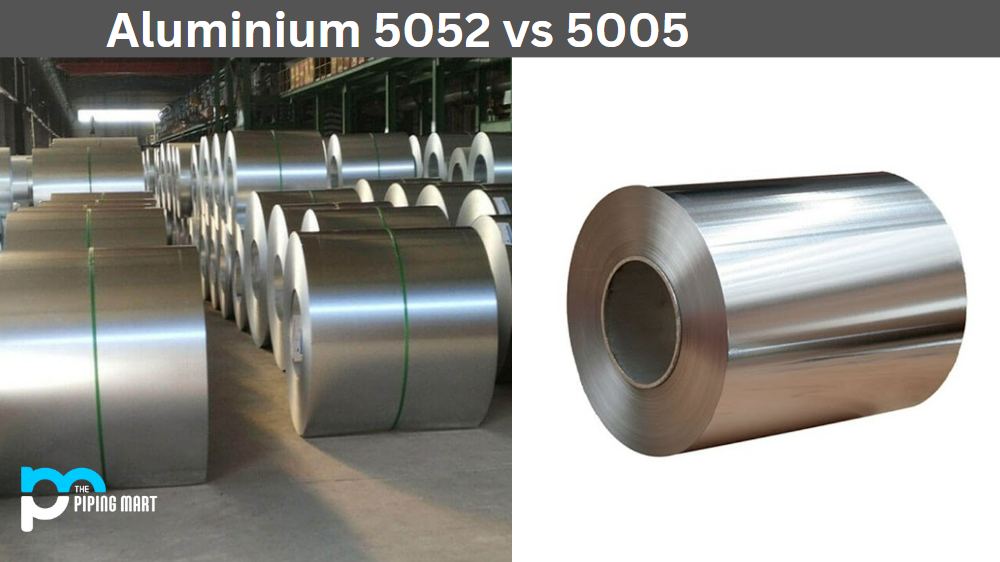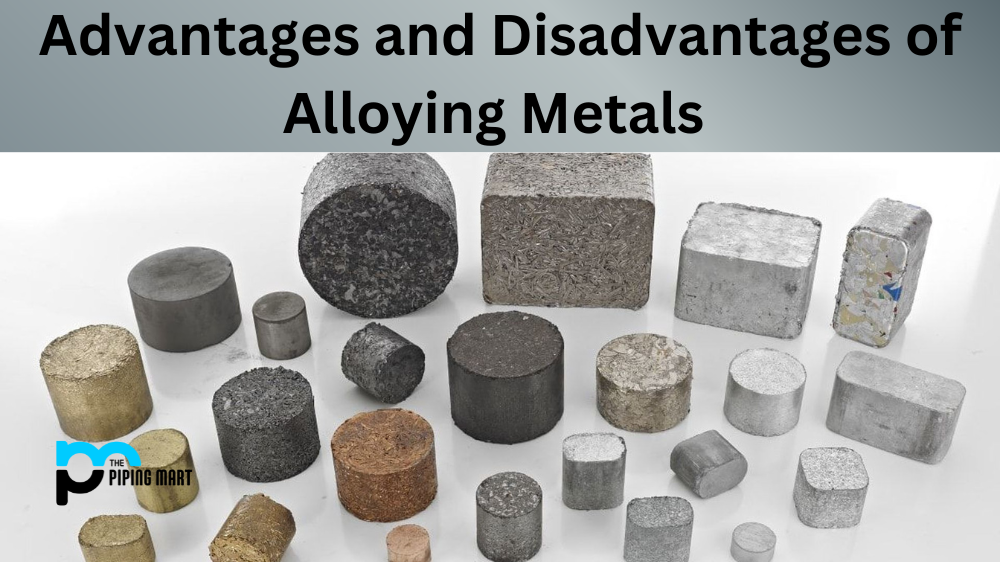When it comes to metals, titanium and magnesium are two of the most popular options for a variety of applications. From aerospace to automotive parts, both metals are extremely strong and lightweight, making them ideal for use in a range of industries. But what’s the difference between these two materials? How do you know which one is right for your project? Let’s look at the key differences between titanium and magnesium so that you can make an informed decision when it comes time to pick out your metal.
Difference Between Titanium and Magnesium
Cost
When it comes to cost, titanium is more expensive than magnesium. This is because titanium is harder to extract from its ore and involves more processing than magnesium. Titanium is also in higher demand due to its superior strength and durability, meaning it will cost more per pound than magnesium.
Strength & Durability
Titanium is stronger and more durable than magnesium, making it the better option if you need a material that can withstand harsh weather conditions or heavy impacts. On the other hand, magnesium is still strong enough for many applications but may not be as suitable for extreme conditions or high-stress applications.
Weight & Density
Both metals are incredibly lightweight—titanium has a density of approximately 4g/cm3 while magnesium has a density of 1.7g/cm3—making them great options for projects where weight needs to be kept to a minimum (e.g., aerospace). However, titanium has an edge here due to its greater strength-to-weight ratio than magnesium.
Titanium is stronger than magnesium
Titanium is one of the planet’s strongest metals and much stronger than magnesium. This makes titanium ideal for applications where strength is important, such as in aircraft construction.
Magnesium is lighter than titanium
Magnesium is much lighter than titanium, making it ideal for applications where weight is critical, such as in race cars.
Titanium is more expensive than magnesium
Titanium is more expensive than magnesium because it is much rarer and harder to extract.
Magnesium is more corrosion-resistant than titanium
Magnesium is more resistant to corrosion than titanium, making it a better choice for applications where durability is important.
Titanium has a lower melting point than magnesium
Titanium has a lower melting point than magnesium, making it easier to work with for some applications.
Conclusion:
When choosing between titanium and magnesium for your project, consider factors such as cost, strength & durability, weight & density, and your application’s requirements carefully before deciding. Keep in mind that titanium may be more expensive but offers superior strength and durability while being lighter than magnesium; however, if cost is an issue, then you may want to opt for the latter instead due to its lower price point despite its slightly inferior performance compared with titanium. Whichever metal you choose in the end should depend on what type of application you need it for and how much money you’re willing to spend on it. With this guide, we hope you now have a better understanding of the key differences between titanium and magnesium!

A passionate metal industry expert and blogger. With over 5 years of experience in the field, Palak brings a wealth of knowledge and insight to her writing. Whether discussing the latest trends in the metal industry or sharing tips, she is dedicated to helping others succeed in the metal industry.




